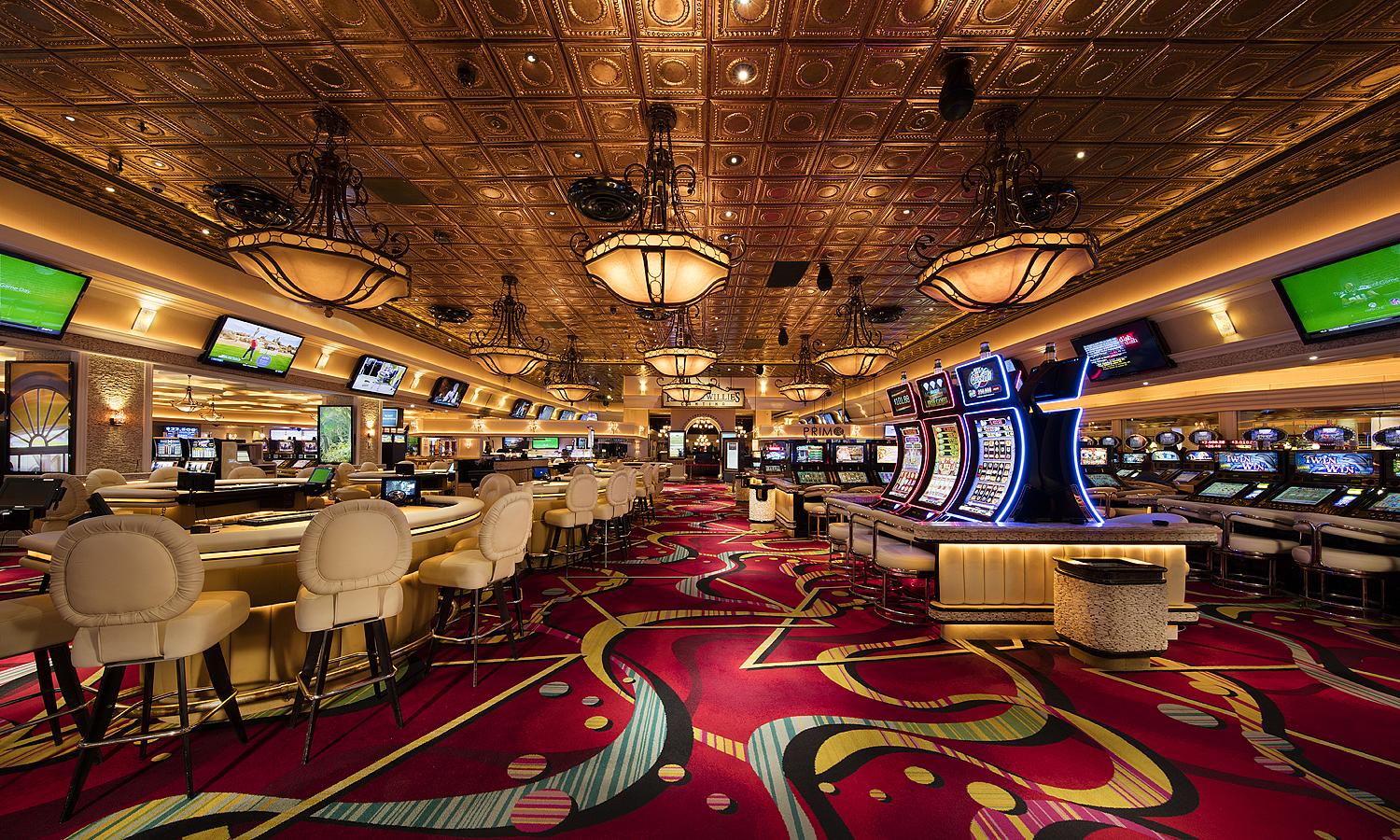The fascinating Development of Casino Activities Through the Years
admin
- 0

Casino games have enthralled players for centuries, transforming from simple pastimes to complex experiences that integrate luck, tactics, and amusement. From the early beginnings of gambling in societies including Mesopotamia and Rome to the extravagant corridors of modern casinos, the evolution of these games shows much about our nature and our connection with risk. As cultures blended and technology has advanced, casino games have changed, illustrating shifts in society and advancements in gameplay.
The primitive versions of gambling likely involved elementary dice games and betting on the outcomes of athletic contests. Through the years, these early games grew into more complex games like card games, roulette, and the variety of slot machines that line the premises of casinos today. Each period brought its unique rules, design elements, and sociocultural significance. In the current era, casino games persist in evolving with the rise of digital gaming platforms, enabling players from various parts of the world to join in a collective experience, further merging the traditional with the modern era.
Early Roots of Gambling Games
Gaming games have foundations that extend back to ancient civilizations, where wagering was deeply integrated in social practices and social rituals. 8xbet The first known forms of gambling emerged in ancient Mesopotamia around three thousand BC, including simple die activities made from knuckle material. These early activities laid the groundwork for more advanced betting games, demonstrating humans’ innate urge to pursue fortune and entertainment through chance.
As societies evolved, so did their gambling interests. In early China, around two thousand three hundred BC, objects were unearthed that looked like early basic forms of a lottery game game. More structured forms of betting arose in the ancient Roman civilization, where activities of luck were a popular recreation, often taking place in social gatherings. The ancient Romans developed multiple betting activities, which included dice and board activities, highlighting the widespread nature of gambling across various social classes.
With the passage of years, these primitive games shaped the evolution of modern casino games. In the medieval period, playing card games grew prevalent in European culture, paving the way for the organized gaming establishments we know today. The transition from informal betting to organized gaming in pubs and personal homes marked a major shift in how people interacted with activities of luck, leading to the eventual creation of gaming houses as specialized places for gambling.
The Growth of Current Gambling Industry
The late 1960s and 1970s marked a pivotal shift in the realm of gambling games, fueled by technological advancements and shifts in societal views towards wagering. The introduction of personal computers and the World Wide Web transformed the way gamblers interacted with their preferred gaming experiences. Online casinos emerged, enabling players to enjoy timeless casino classics like Texas Hold’em and blackjack from the comfort of their own homes. This new digital landscape not only expanded availability to gambling options but also attracted a newer demographic who found the ease and diversity tempting.
As online gambling gained momentum, so did developments in casino tech. The development of high-quality programs and visual elements changed conventional gambling games into immersive experiences. Gamblers could now interact with authentic live dealers through live streaming, importing the atmosphere of physical casinos directly into their living rooms. This blending of in-person play with online platforms created a novel combination that boosted the community element of playing, making it possible for people to connect and challenge with fellow gamers around the globe.
Moreover, the rise of mobile gaming significantly changed the casino landscape. With the widespread use of smartphones and touch devices, gamblers can enjoy their beloved gaming options at any location, whenever. Mobile applications offer a vast array of games optimized for mobile screens, catering to the fast-paced daily life of contemporary gamers. This easy access has led to growing engagement in gambling, driving the exponential growth of the gambling sector. As a result, the outlook of gambling continues to evolve, adapting to new technologies and changing consumer preferences.
The Impact of Technology on Casino Games
The evolution of technology has significantly transformed casino games, enhancing the overall experience for players for gamblers globally. With the introduction of the internet, online casinos emerged, allowing players to play their preferred games from the comfort of their homes. This change not only made casino games more accessible but also increased the variety of games offered, as online platforms could offer many different versions of traditional games without the limitations of physical casinos.
Mobile technology further transformed the casino gaming landscape. With the proliferation, players can to engage in casino games anytime and anywhere. This mobility has resulted in the development of dedicated mobile applications and optimized websites that offer smooth gaming experiences. Additionally, innovations such as live dealer games have brought the genuine feel of a casino into players’ living rooms, connecting between physical and online gaming.
Moreover, advancements in artificial intelligence and VR are paving the way for the next generation of casino games. AI improves game design and player interaction, creating customized experiences based on user behavior and preferences. Meanwhile, virtual reality provides immersive environments where players can engage in a simulated casino setting, making the gaming experience more exciting and lifelike. As technology continues to evolve, the future of casino games seems bright, filled with limitless opportunities for innovation and entertainment.